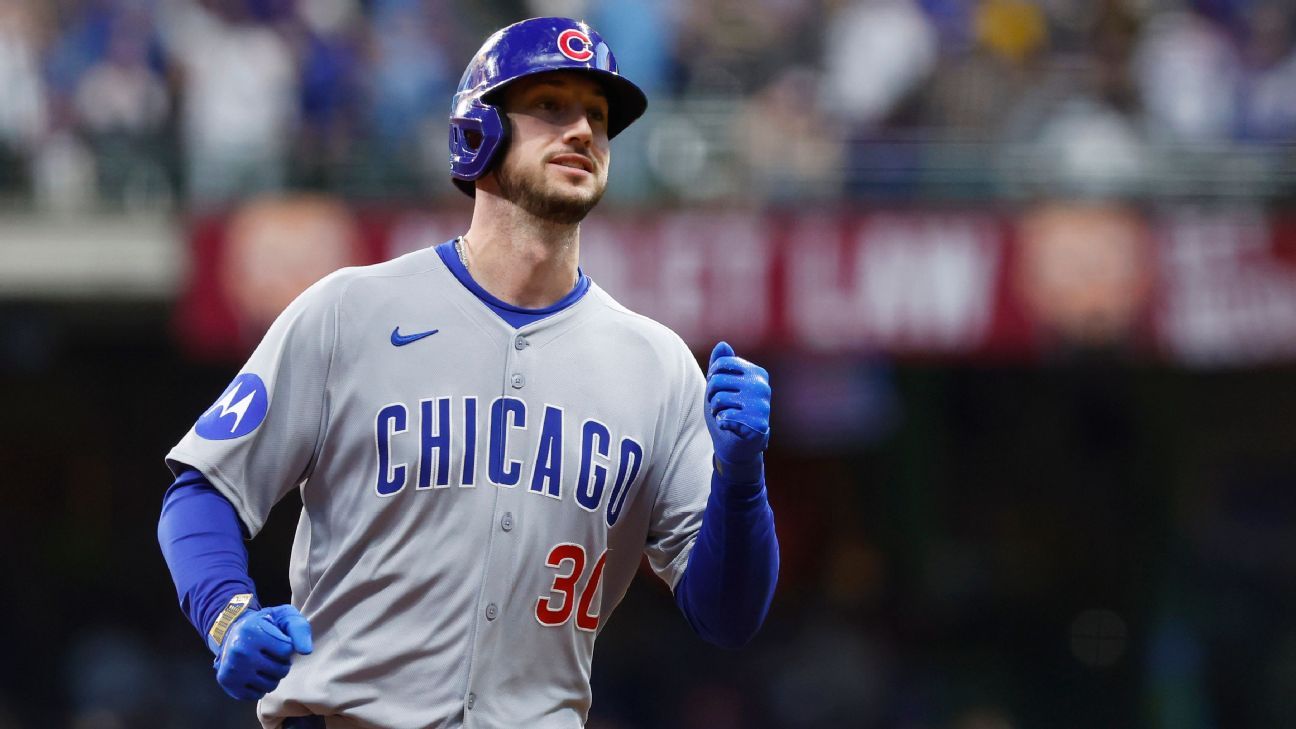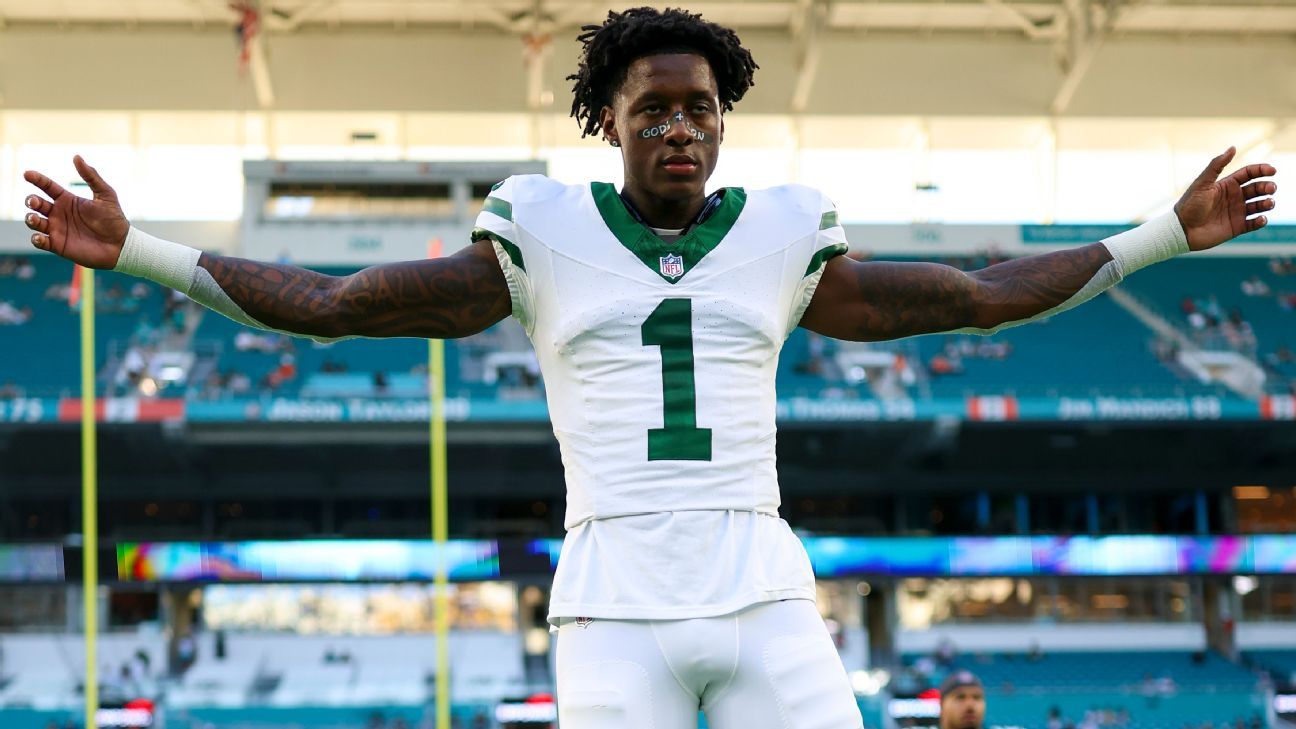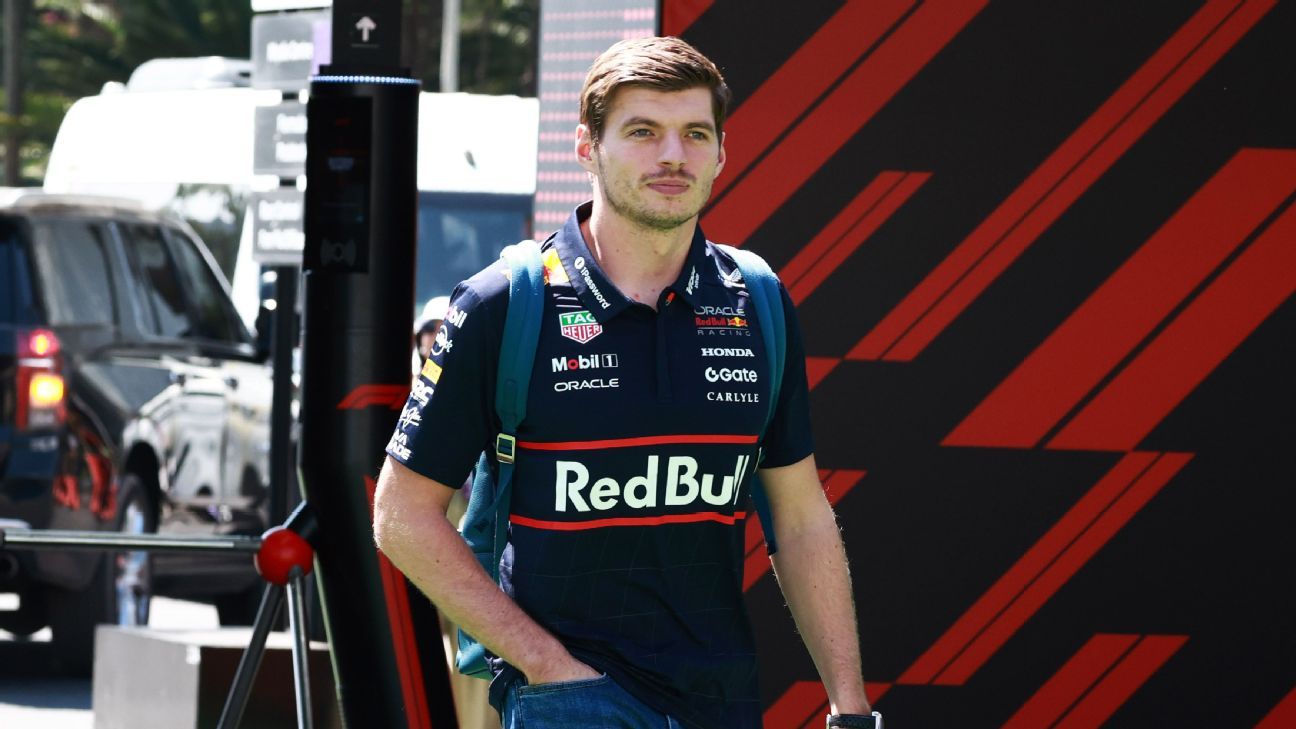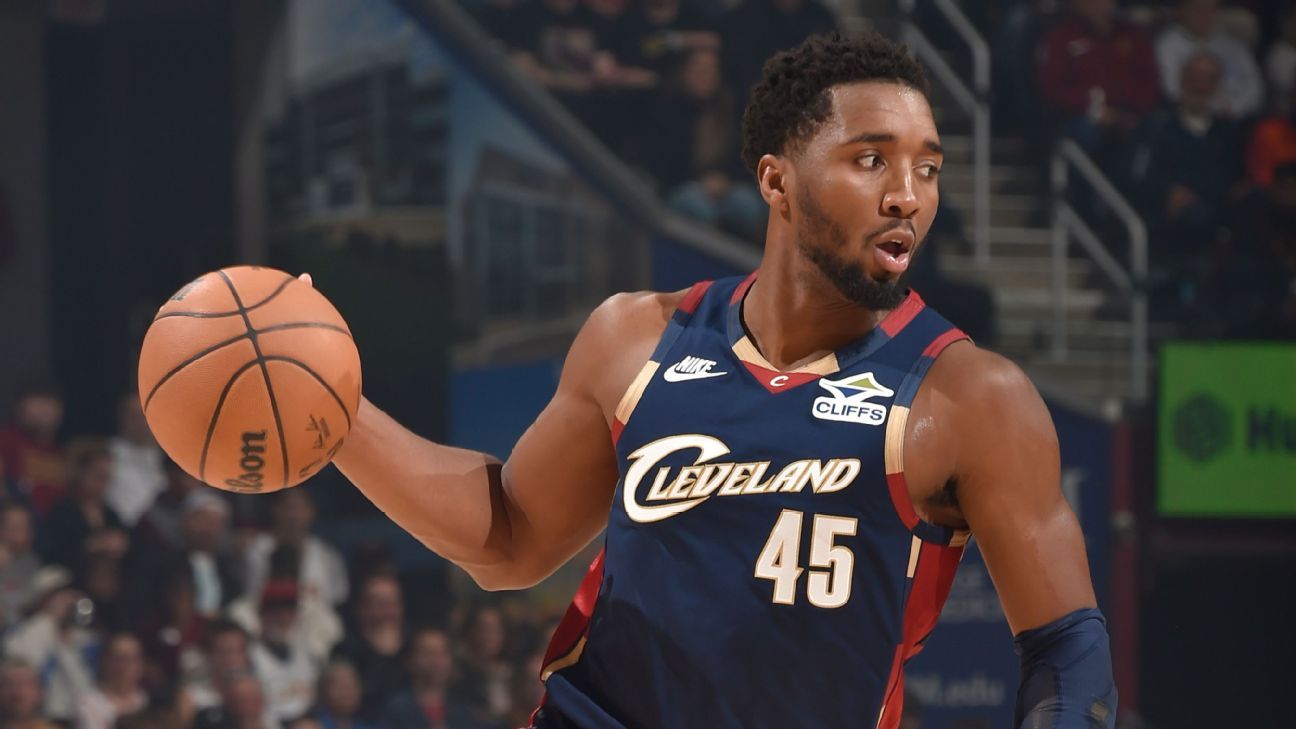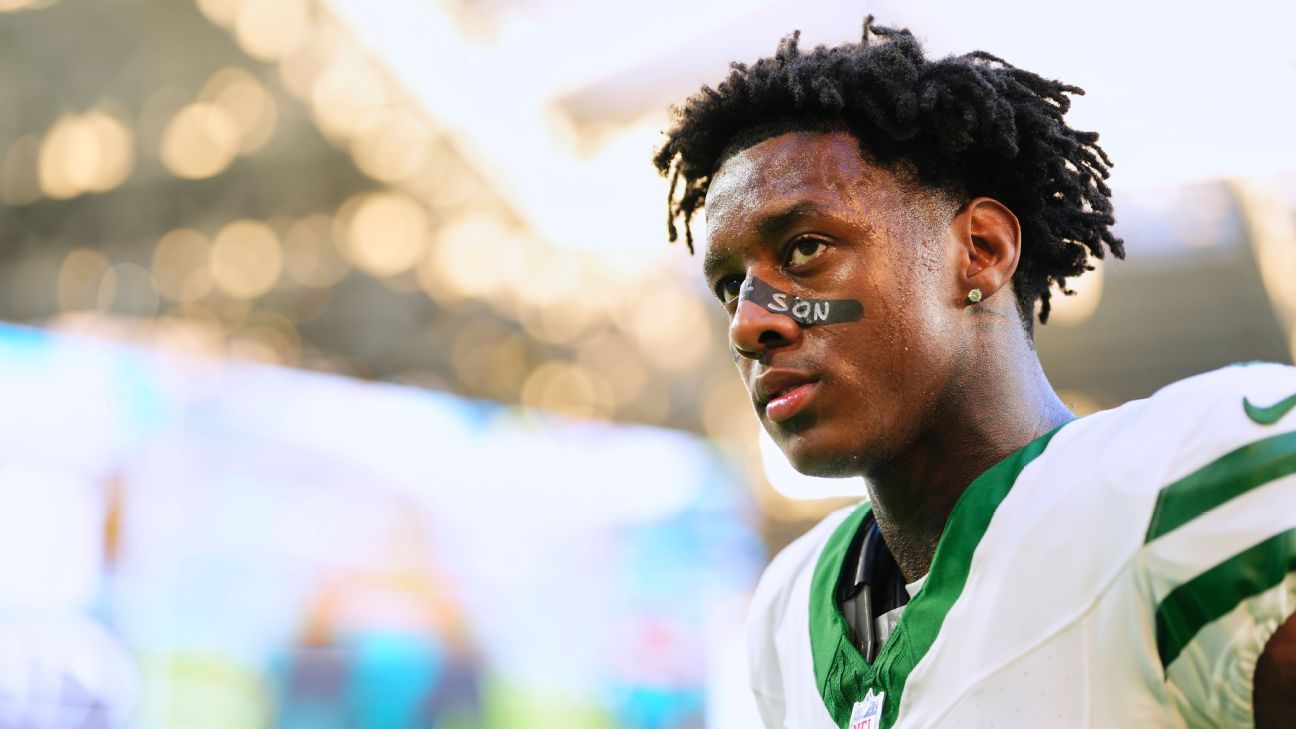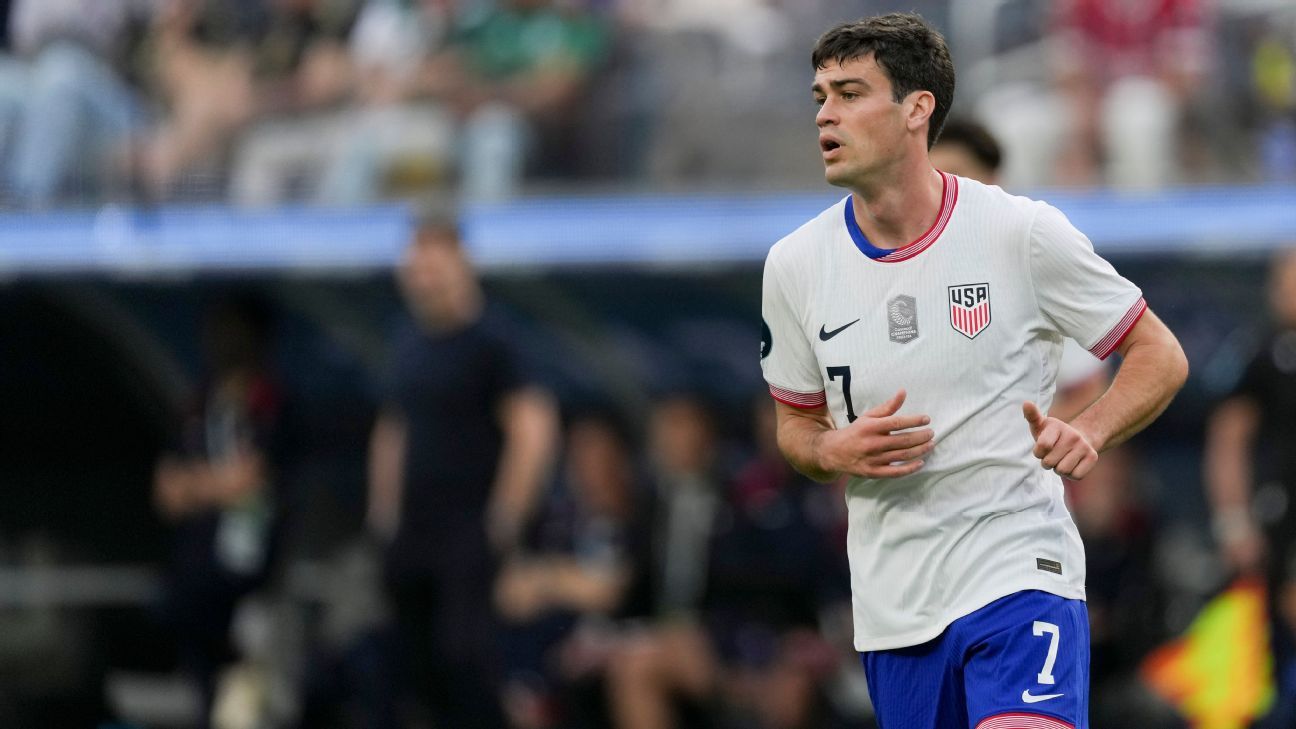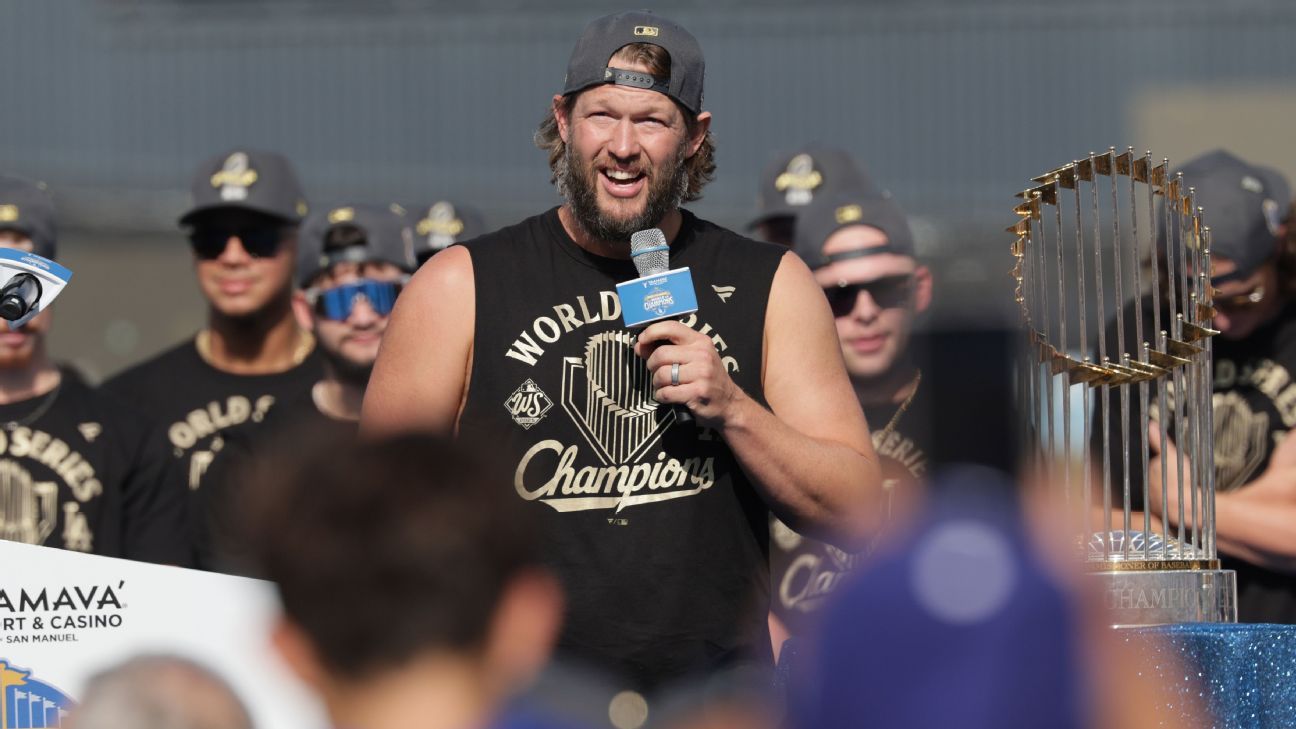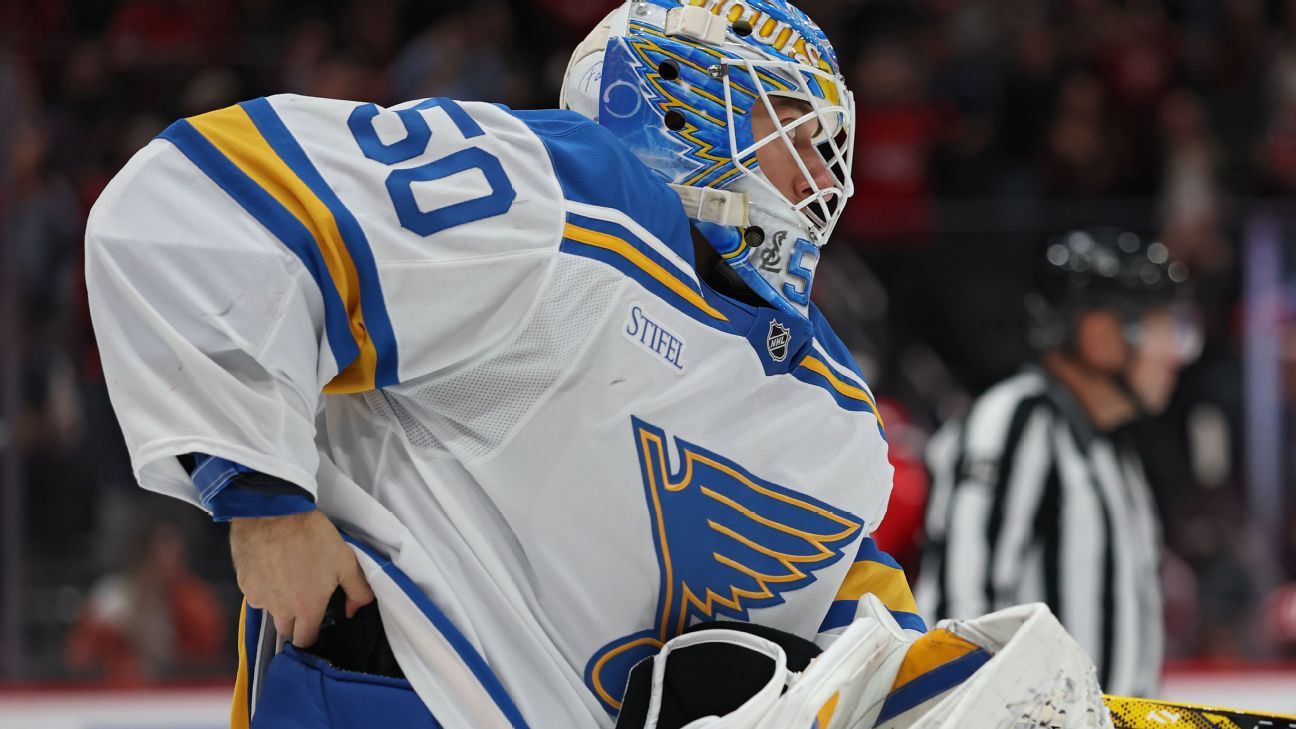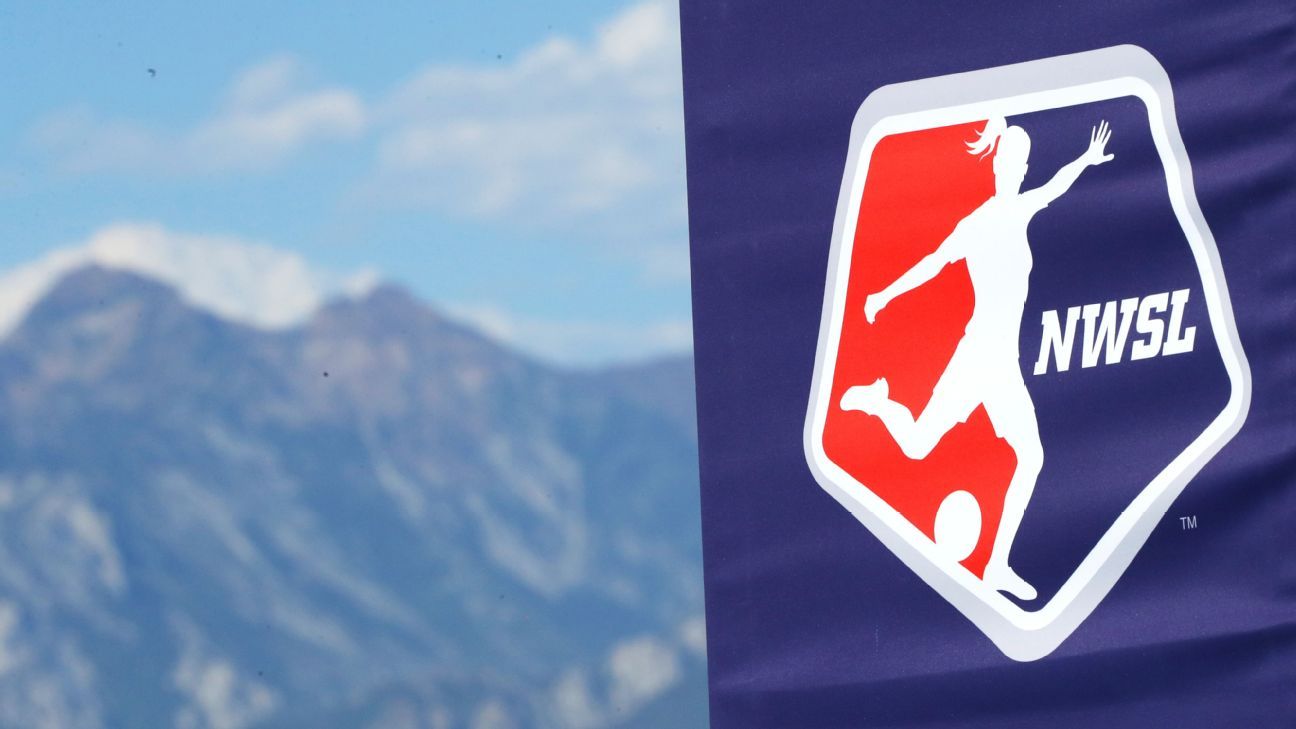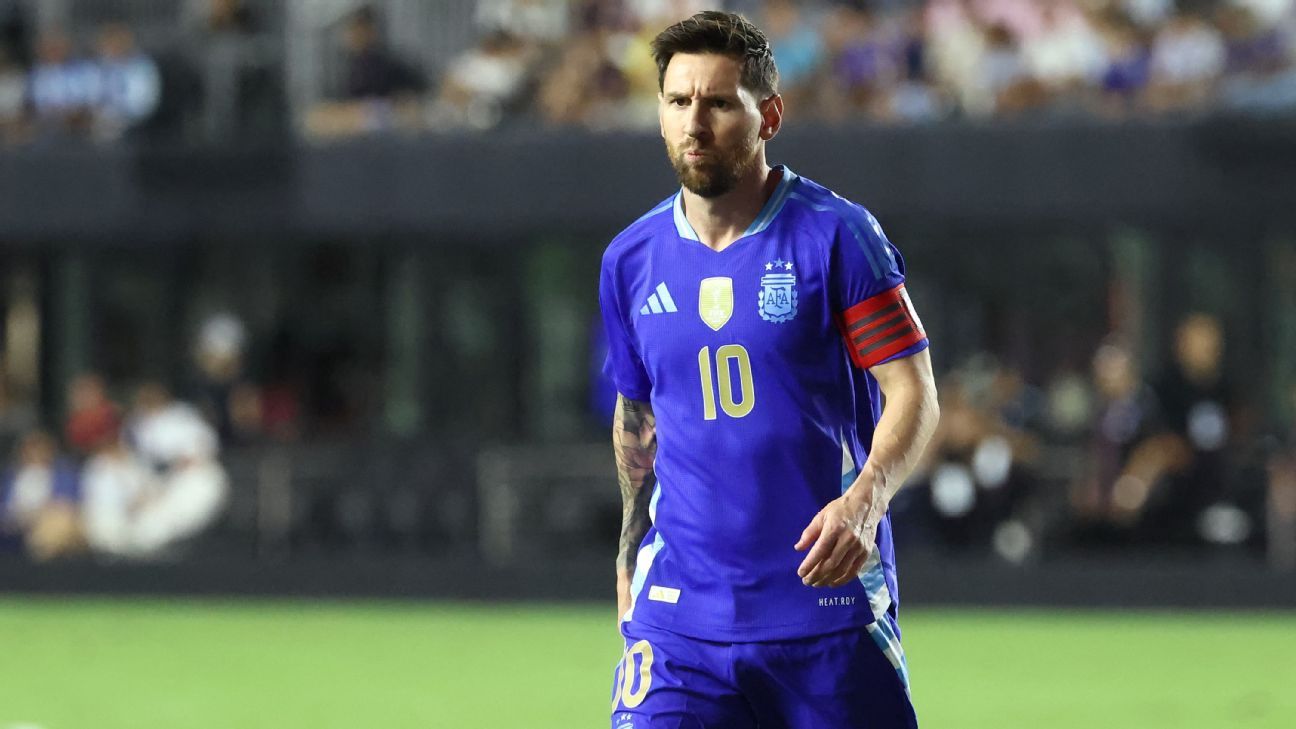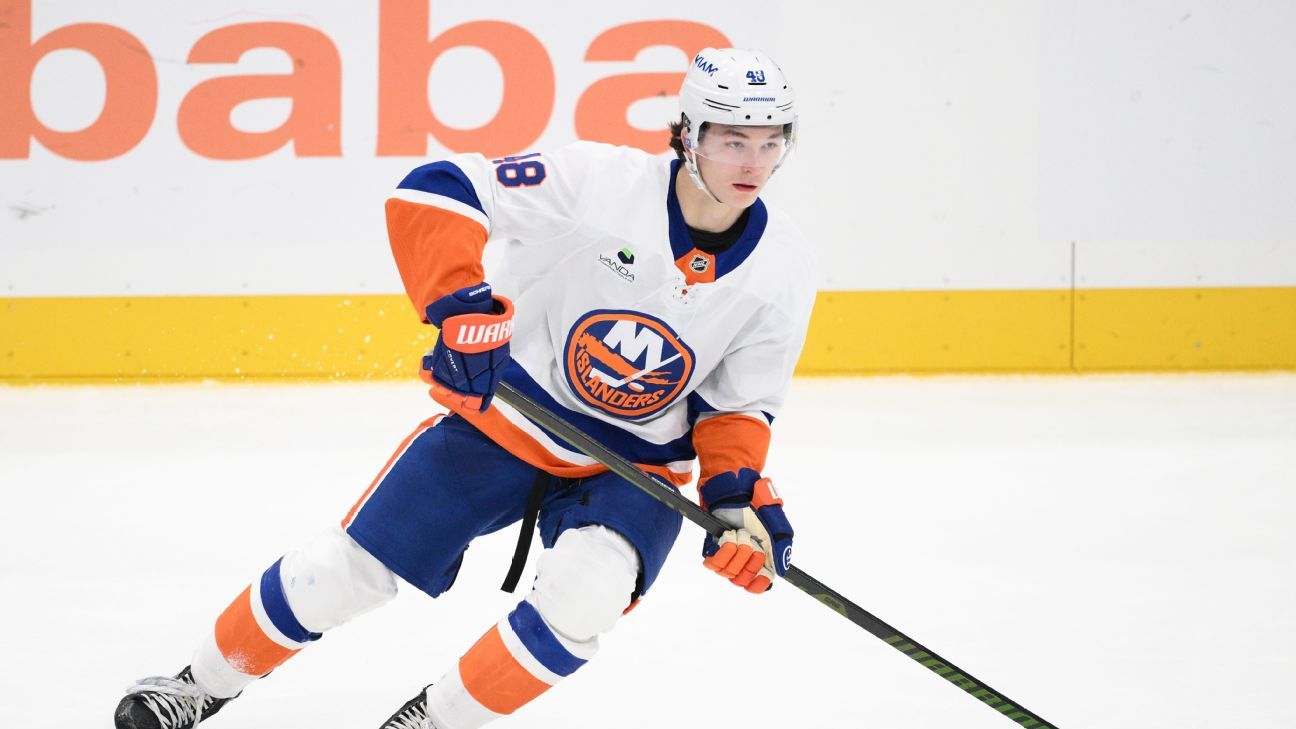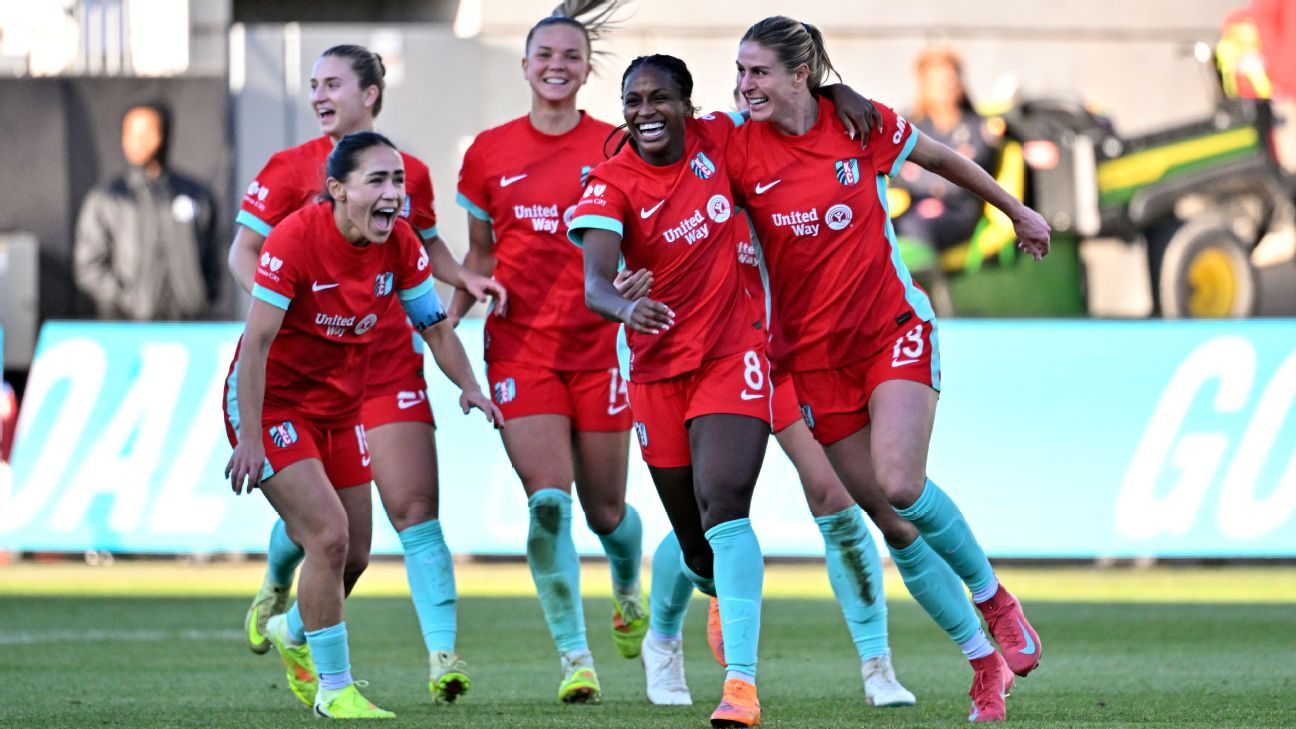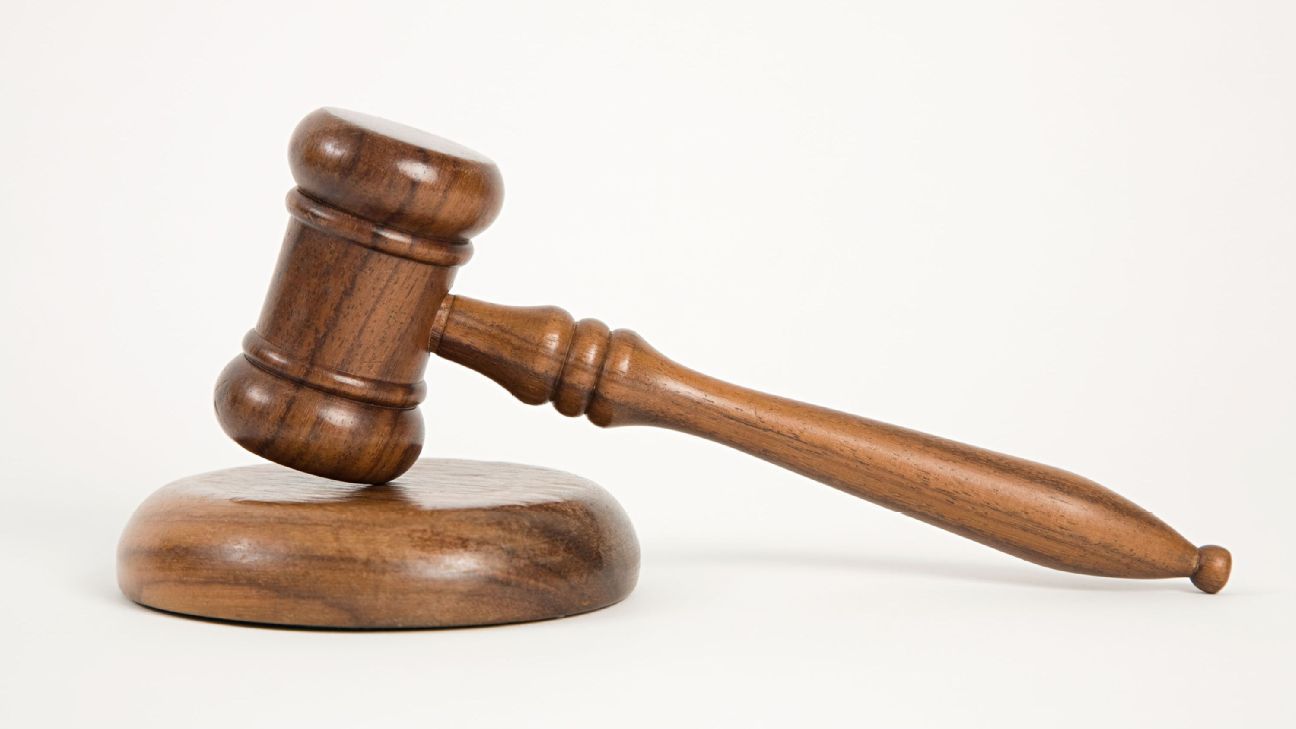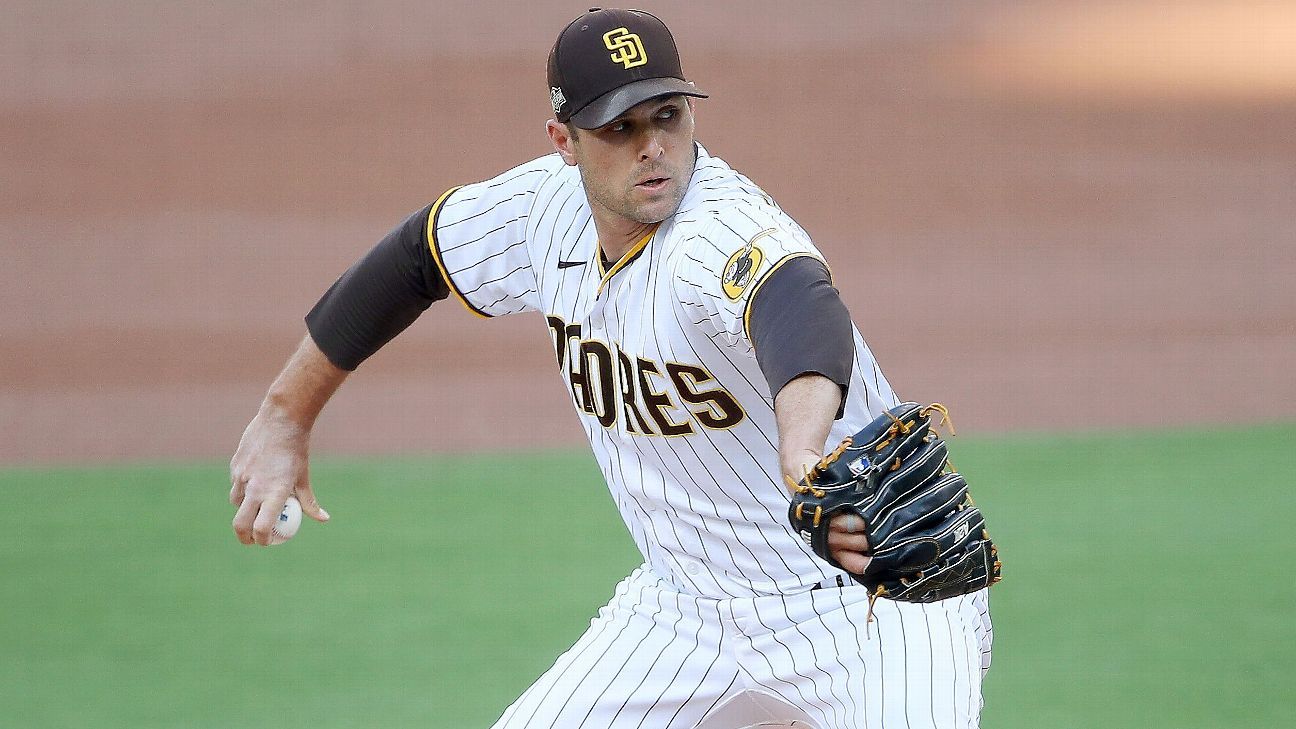Major League Baseball is banning team officials from watching amateur players or collecting data on them for a monthslong period over the winter, warning executives that "the amateur baseball calendar is putting young players at dramatic risk of future injury," according to a memo obtained by ESPN.
In a seven-page document distributed to high-ranking personnel with all 30 MLB teams, the league said it hoped its Amateur Recovery Period Policy -- which covers high school juniors and seniors from Oct. 15 to Jan. 15 and college players from Nov. 15 to Jan. 15 -- will "alleviate the pressure on young players to forego rest and recovery, curb overuse, and keep players healthier as they strive for a future in professional baseball."
During the down period, team employees will be barred from seeing any player covered by the policy in a baseball setting or from trying to procure video or third-party data on players, according to the memo. Should employees run afoul of the policy, the memo said, they could be fined, suspended or placed permanently on the game's ineligible list while their teams could face sanctions in the draft or international amateur signings.
The policy forbids team employees from seeing games, showcases, training sessions "and any other activities related to throwing, hitting, catching or fielding." Video as well as ball-tracking, bat-tracking and biomechanical data are likewise outlawed during what the league deemed a "recovery period."
"MLB encourages players to use this period for rest, recovery and training for next season, rather than for high-intensity, maximum-effort activities," the memo said.
The policy grew out of MLB's December report on pitching injuries across all levels of the sport. A series of high-profile arm injuries prompted MLB to talk with more than 200 people to better understand the cause, and one of the recommendations from experts was to regulate a baseball calendar that now sees year-round, high-effort training by amateurs and an industry filled with offseason events.
Elbow injuries to players before they enter into major league organizations have become commonplace, and while the cause differs for each player, studies have linked year-round play to an increased risk of long-term damage. A July study in The American Journal of Sports Medicine said that more than 80% of pitchers who participated in MLB's 2023 combine "had some abnormality within their ulnar collateral ligament" -- which, when it tears, requires Tommy John surgery -- and three-quarters of pitchers exhibited tearing within their shoulder.
Teams generally are not as active scouting amateurs during the winter as in the months leading up to the July amateur draft. Still, the proliferation of winter tournaments in warm-weather states and showcase events -- in which players attempt to throw at high velocities to impress scouts, analysts and college coaches -- have encouraged players to train for maximum-effort throws outside of typical competitive environments.
With "broad support," the memo said, from scouting directors, medical experts, college coaches and others, the policy will begin next month -- two days after the end of Perfect Game's WWBA World Championship, a high school event regarded as one of the biggest on the amateur calendar.
Players are not restricted from participating in winter events, but by prohibiting team personnel from engaging beyond meeting a player at home with his family, MLB's policy could affect dozens of events held by Perfect Game and Prep Baseball Report, the two companies that control the amateur space. If players send an organization unsolicited video or data during the down period, the team is required to notify MLB within 24 hours.
The policy does not cover agents, who are regulated by the MLB Players Association and often use winter events to scout players as young as 13 years old.


